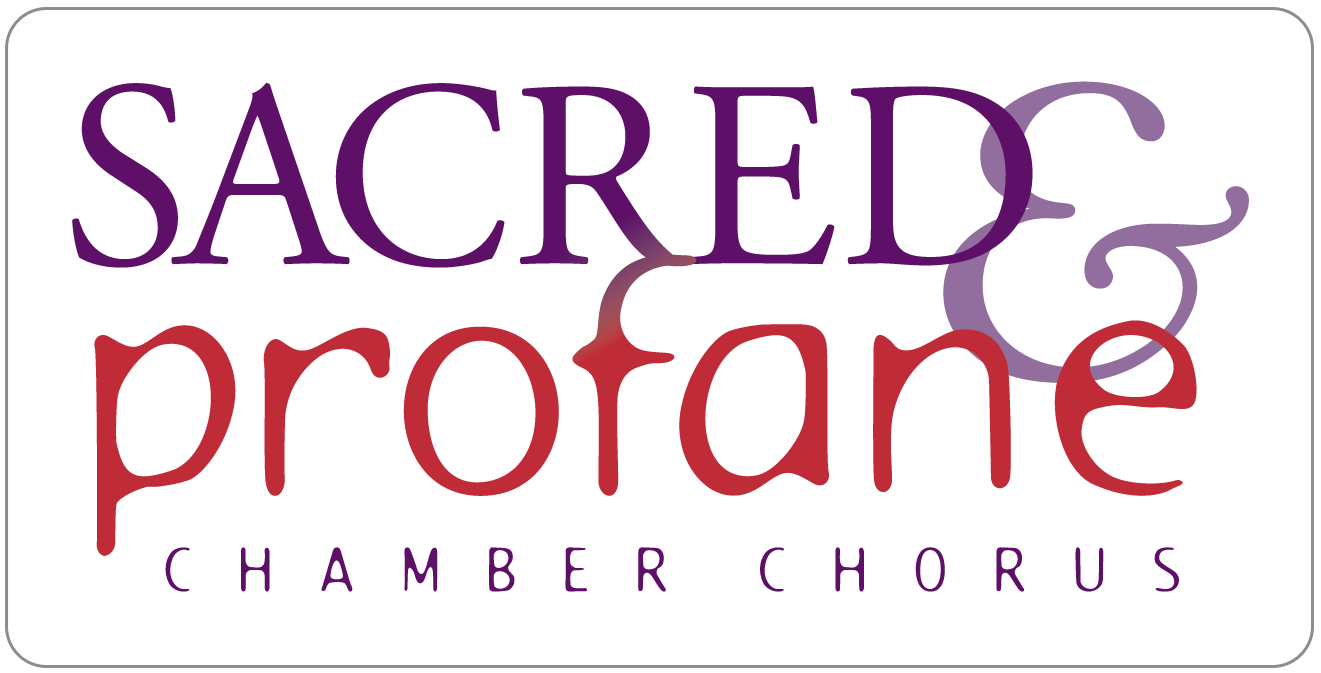 Germany by Train, The German Partsong
Germany by Train, The German Partsong
In the nineteenth Century, Germany and Austria were awash in song. Not only was the new piano fueling composers’ passion for writing Lieder, or art songs for voice and piano, but the rising middle class was creating a new tide of people with more leisure time and broader artistic and intellectual interests. Combined with a rediscovery of music from the Renaissance and Baroque periods, these conditions created fertile ground for choral music. German composers such as Haydn, Schubert, and Bruckner composed a rich array of partsongs, pieces for the new mixed church choirs and large choral societies that were becoming popular throughout German-speaking countries. We will perform music by the best of these composers, featuring several shorter works plus Brahms’ breathtaking Warum ist das lich gegeben.
Saturday, March 3, 8 PM St. Mark’s Episcopal Church 2300 Bancroft Way (at Ellsworth), BERKELEY
Sunday, March 4, 4 PM St. Francis Lutheran Church 152 Church Street (between Duboce & Market), SAN FRANCISCO
Program
Joseph Haydn (1732-1809): Partsongs Die Warnung (SATB) Die Harmonie in der Ehe Aus dem Dankliede zu Gott (SATB)
Franz Schubert (1797-1828): Two Goethe partsongs Sehsucht, D656 Chor der Engel, D440
Fanny Hensel (1805-1847): Gartenlieder, selections Lockung, Op 3, 1 Schöne Fremde, Op 3, 2 Abendlich schon rauscht der Wald, Op 3, 5
Anton Bruckner (1824-1896): Three Graduals for the Church Year Locus iste a Deo factus est Os Justi meditabitur sapientam Christus factus est pro nobis obediens
Hugo Wolf (1860-1903): Sechs geistliche Lieder (1881), selections Aufblick (#1) Einklang (#2) Resignation (#3)
Johannes Brahms (1833-1897): Zwei Motetten, Op. 74, 1 Warum ist das Licht gegeben dem Müseligen
